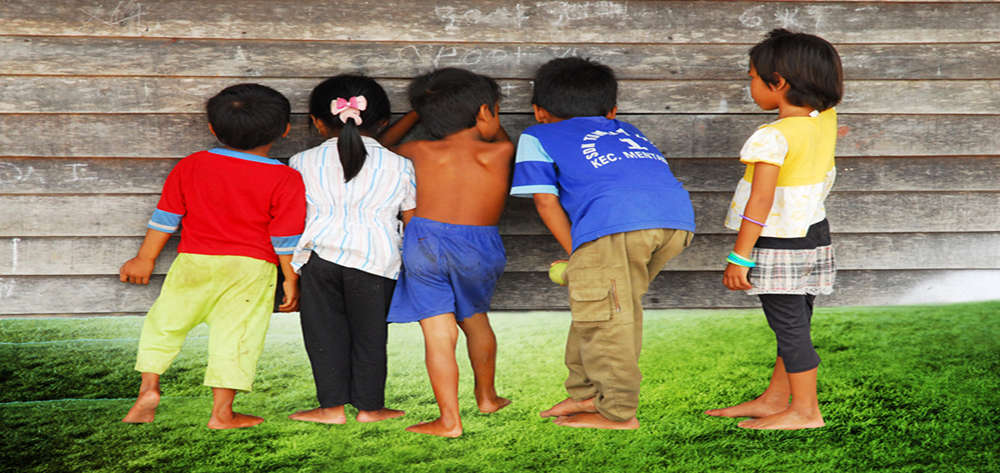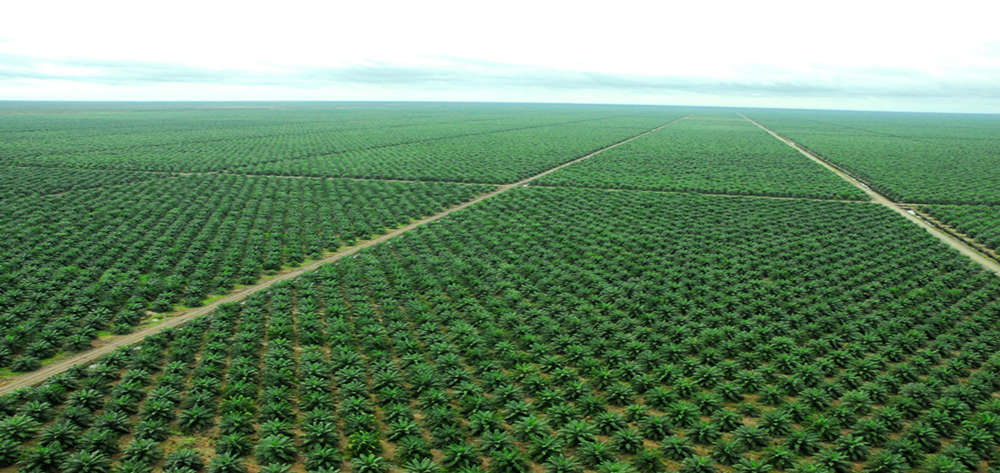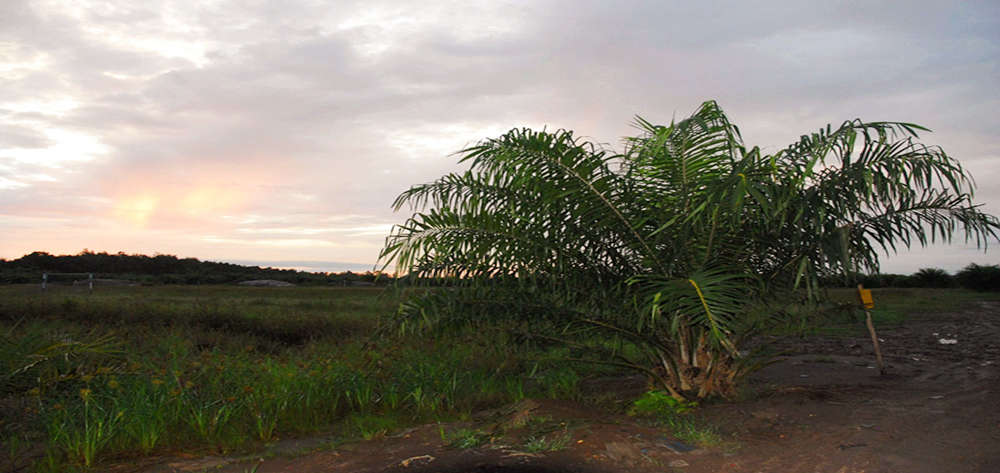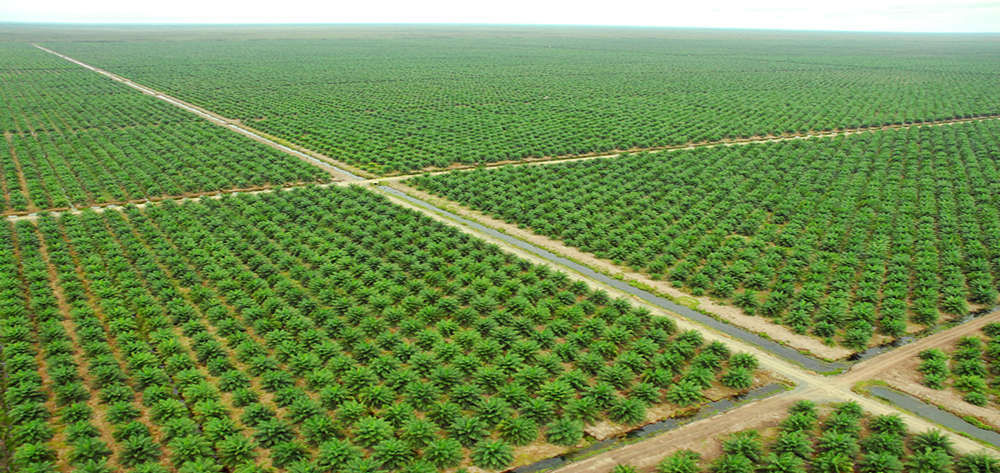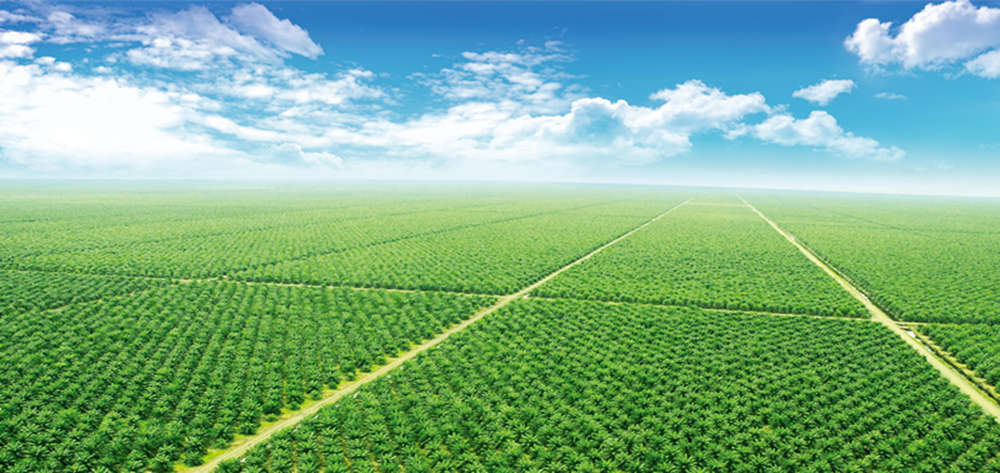One day, I was touched immediately by the exotic images in the film shot in Indonesia when I saw the palm fruits, the empty fruit bundle, lovely palm kernel, palm kernel shell and the black soil of the plantation. Thus I began to rethink about the meaning of the sentence, which is seemingly simple but actually complicated. Ecological Kingdom—Kabas
Two passing speedboats break the silence of Kabas River and stir up bursts of whitecaps. For thousands of years, like a loving mother, Broad Kabas River has always raised the inhabitants living on both sides of the river. Now, the river is going to bear the two boats’ speed and lead us to unveil the mystery of the palm culture.
“Palm” and “Tea” Culture, the Connection of Two Ancient Cultures I begin to follow the direction of the speed boats in the film and imagine that I am bathing in the sunshine of Indonesia. Lying on the bank of Kabas River, I try to search for the sun with the eyes squinting. Sunshine in Indonesia is hot and blazing; surrounded by the blazing sun and Kabas River, palm trees along the river banks are presenting some fantastic exotic cultural features to me.
When my mind is wondering fast over the Kabas River with the camera, I feel as if there were a real world of original natural scenery coming slowly toward me. Through my breath, there first comes the fresh smell of the fertile tropical soil of Kabas. Then, under the blue sky, there appear the palm tree seedlings fields, one following another, forming a vast picture of pure greenery. Suddenly, I realize the meaning of the phrase-“pure nature” ---it does not refer to primitive wildness but a pure and original ecological world, an unpolluted pure green culture.
I am overwhelmed. Here in the video, I feel the very essence of Chinese tea culture. Both preserved through numerous generations in the thousands of years passed, The Indonesian palm culture and Chinese tea culture share a considerable number of same qualities---casual minded, the pursue of nature, modesty, and profundity. Had you been familiar with Chinese tea culture, surely you would not feel Indonesian palm culture too different.
Unconsciously with my mind still wondering, I left the ship with the camera. Watching the palm trees dancing together with the fresh smell of soil in the wind, I am sure that I would never leave the place once I set my feet on the soil of Kabas. Interpreting the Palm Culture in the New Age The native people living by the Kabas River spend thousands of years cultivating the palm culture. However, when I realized the original pureness of the culture, I feel the need to search for a new inspiring element that could help me define the blessing of the new century in the palm culture. Finally, behind the amiable smiles of the native people and the luxuriantly green palm trees, I found the signal towers of technological civilization standing alone like a hero---it is build for us Longwit people. Looking back, all the magnificent rows of neat palm fields, the scientific and accurate irrigation systems, and the various facilities are created by the hands of Longwit people. Again, I am overwhelmed. We, Longwit people, are injecting a new entrepreneurial spirit of the Chinese dragon into the natural civilization of Kabas---a magnificent spark between the two civilizations. Through their endurance, diligence, and entrepreneurial spirit, the Longwit people have planted a new element in the soil of this green ecological civilization. “Technology + nature” is the best interpretation of palm culture in this new age. When I eventually saw the red-pearl-like full palm fruits, I am sure that this magical land, which has been nurturing the palm culture over the thousands of years passed, is now breeding our new hope and future. I believe that in the near future, Longwit people will bring a storm of edible oil revolution in China. 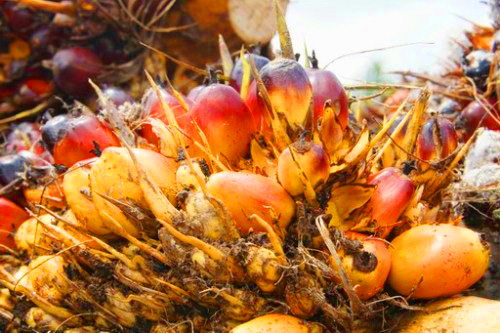
![]()

![]()
![]()

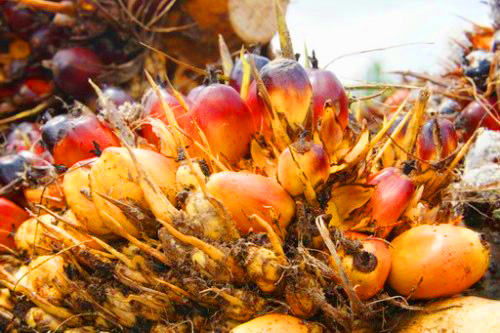
 |
